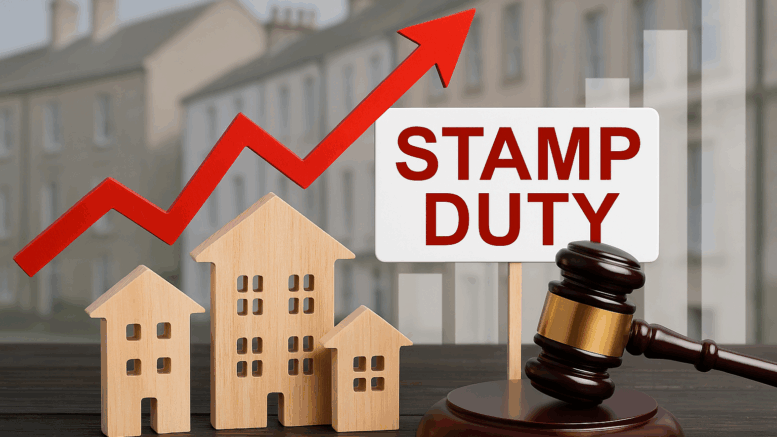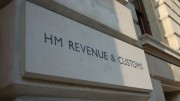Landlords and property investors are paying more in Stamp Duty Land Tax (SDLT) than ever before, with receipts climbing 24% to £14.9 billion in the year to September, according to HMRC figures. The increase - up from £12 billion the year before - reflects rising transaction values, multiple property purchases, and limited relief for smaller investors.
The data comes just weeks ahead of the Autumn Budget, where mounting speculation over tax reform is already fuelling market uncertainty. Analysts warn that further tinkering with the property tax system could stall investment and deepen the UK’s housing supply shortfall.
Landlords carrying a bigger tax load
Property finance firm Somo said the latest rise highlights how much landlords now contribute to Treasury coffers. Its chief executive Louis Alexander said:
“Landlords and investors are now contributing far more to stamp duty than before. With another Budget only weeks away, there is real uncertainty about what comes next.
If the Chancellor refuses to cut or freeze SDLT, she risks paralysing investment. Smaller developers could be left reliant on short-term finance to survive, while landlords face collapsing yields.”
The warning comes as rental yields remain squeezed by higher borrowing costs, leaving many landlords questioning whether their next purchase still stacks up financially.
Recent figures from UK Finance show mortgage approvals for buy-to-let fell 12% year-on-year, reflecting a cautious stance as landlords wait to see whether the government will adjust property taxes to boost confidence.
Rumours of new property taxes spark investor unease
Speculation is rife that the government could replace Stamp Duty altogether with a national annual property tax, levied on homes worth more than £500,000. Ministers have also been reportedly exploring a ‘mansion tax’, which would scrap capital gains exemptions on high-value property sales - a move that could hit long-term investors particularly hard.
Even more controversially, there have been discussions about applying National Insurance contributions to rental income, taxing so-called “passive” property income as if it were earned from employment.
Alexander said the uncertainty alone was causing market hesitation: “While still only proposals, these ideas have already fuelled nervousness in the market. For landlords, sudden changes to the tax system can alter deal economics overnight – making access to fast, flexible finance essential.”
He added that investors increasingly rely on bridging loans and short-term finance to navigate policy volatility, particularly when timing purchases or refinancing assets.
Market pauses as Treasury silence frustrates buyers
Mortgage industry experts say the government’s reluctance to confirm or deny rumours is already affecting sentiment. Jonathan Stinton, head of mortgage relations at Coventry Building Society, warned that the lack of clarity could choke transaction volumes.
“Buyers and sellers are being left in tax purgatory by the Treasury’s refusal to confirm or deny rumours of changes to stamp duty. Transactions could start to dwindle as some buyers choose to hold fire, and we may start to see tax receipts lose momentum as a result.”
Data from HMRC suggests residential transactions have already flattened since mid-summer, with many professionals reporting a “wait-and-see” approach among both investors and owner-occupiers.
For landlords, the prospect of more tax reform on top of higher mortgage costs and regulatory change risks creating yet another deterrent to supply.
Editor’s view
Stamp Duty is one of the least efficient property taxes in Europe - and one that hits landlords hardest. With receipts already at record highs, it’s time for the Treasury to recognise that overtaxing property investors only shrinks housing supply and drives up rents. The upcoming Budget will reveal whether the government intends to stabilise the market - or spook it further.
Author: Editorial team - UK landlord & buy-to-let news, policy, and finance.
Published: 24 October 2025
Sources: HMRC Stamp Duty Land Tax statistics (to September 2025); Somo property finance commentary; Coventry Building Society analysis; UK Finance mortgage lending data.
Related reading: £5m Stamp Duty paid on £41m London home as luxury market defies slowdown







